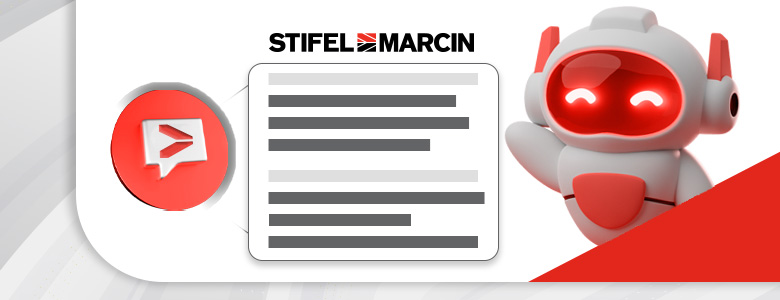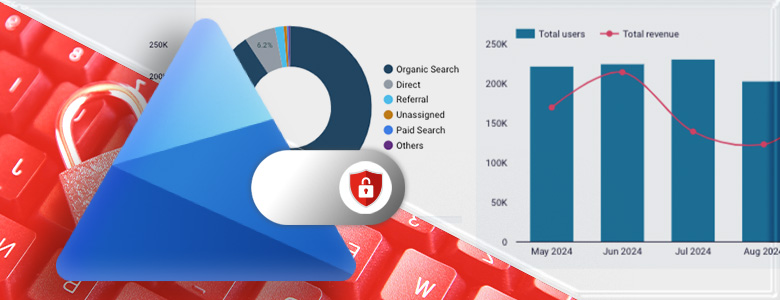As online consumer data protection and subsequent privacy regulations evolve, cookieless tracking will continue to impact the future of digital advertising. While browsers like Apple’s Safari® and Mozilla Firefox® have already limited third-party cookies, tracking restrictions will soon be implemented by Google Chrome®, the internet’s most widely used browser. Combine these players with other digital platforms and social media sites, and one can envision a future where our digital paths are much more guarded.
In addition, with less data tracked, that means less data shared. In recent years marketers have had access to huge data houses, most often through digital marketing platforms. These houses aggregated and combined user data – sorting, storing and sharing their Big Data with marketers.
While none of these big players are ready to say exactly how they will change, without question, a huge shift in digital marketing has begun. With big changes come big uncertainties, and many marketers are now closely examining how to best tackle a cookieless world.
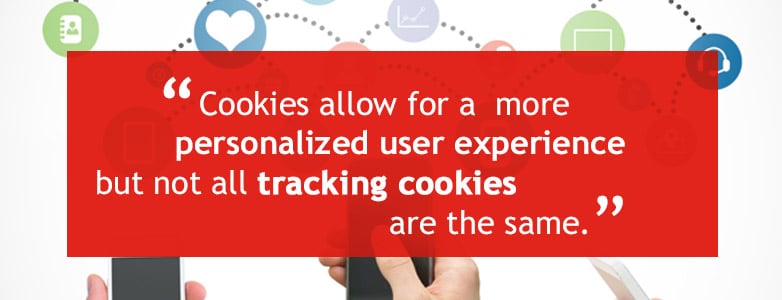
What is a Cookie?
As defined by the FTC, a cookie is “information saved by your web browser. When you visit a website, the site may place a cookie on your web browser so it can recognize your device in the future. If you return to that site later on, it can read that cookie to remember you from your last visit and keep track of you over time.” Cookies allow for a more personalized online user experience, but not all tracking cookies are the same. Let’s explore in more detail:
First-party cookies are created by the website that a user visits. For example, if visiting a website requires a log-in and password, first-party cookies will allow the user to sign again without having to re-enter their information. If you’ve shopped online, you’ve likely entered items into your shopping cart, exited the site without purchasing and then come back to the site to find the items still in your cart. That’s first-party cookies at work.
Unlike first-party cookies that remain only on a single domain, third-party cookies track users around the internet, usually with the intent of serving online advertising. Going back to the example above, if you’ve left a shopping site after looking at items online, only to visit another site and see ads for the items you were exploring on the previous website, you’ve been tracked by third-party cookies (in this case served with a remarketing ad). It’s these cookies that are used for audience profiling and ad customization. And its third-party cookies that are soon to be prohibited by Google Chrome.

What Does a Cookieless World Mean for Advertising?
In short, by the end of 2023, marketers will not have access to data provided by third-party cookies. Marketers and advertising services that rely on third-party cookies to target users will have to now rely on first-party cookie data, which remains accessible, along with newly developed tools like Google’s own “Privacy Sandbox,” ad technology designed to personalize ads while honoring user privacy.
With a cookieless world near, many marketers are exploring cohort-based marketing. As explained by Google, “a cohort is a group of users that fall under common criteria.” Instead of personalized targeting to users based on third-party data, cohort advertising would target users within a common interest group.
Google has also proposed a new “Topics API” designed to identify a user’s top interests during a three-week time period based on website activity. Websites could opt-in to the Topics API to serve users with personalized ads involving topics like travel, movies, auto, beauty, etc. As of now, Google plans to start with 350 topics categories.
Tracking and understanding user’s online behavior and interests will no doubt be more challenging. The lack of third-party data will impact numerous tactics, from behavioral targeting to ad retargeting. Building and securing your own first-party data becomes even more crucial and scaling your tech tools and teams for the new changes does as well.
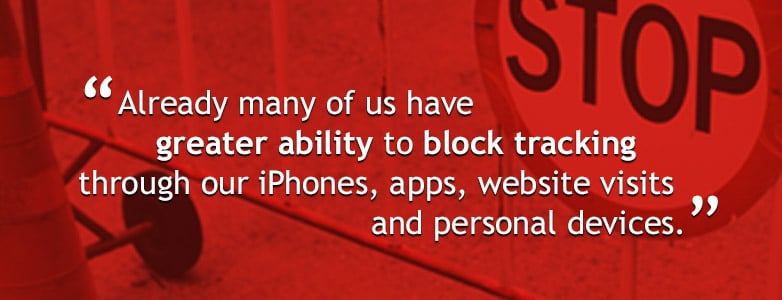
The Time to Test is Now
As the old saying goes, the only constant is change. Cookieless tracking may not go into effect on Google until 2023, but marketers can and should stay ahead of the curve by planning and testing cookieless strategies now. Partnering with an experienced PPC advertising agency like Stifel Marcin can help your B2B business stay abreast of the changes, while optimizing campaigns for maximum ROI. As both a Microsoft and Google Partner agency, our team works to ensure marketing goals, technical benefits and an understanding of your unique target audience is included in all PPC advertising.
Since mid-2021, marketers have been warned to prepare for a cookieless world. And entities like Google and Microsoft don’t change overnight. While 2023 might be the actual final implementation that requires cookieless tracking, many expect these changes to begin sooner. Already many of us have greater ability to block tracking through our iPhones, apps, website visits and personal devices – which present prominent messages about data handling.
If you’re considering how to best pivot to a cookieless tracking ad strategy, we want to talk with you. Complete the form on this page or contact us and a member of our team will be in touch.
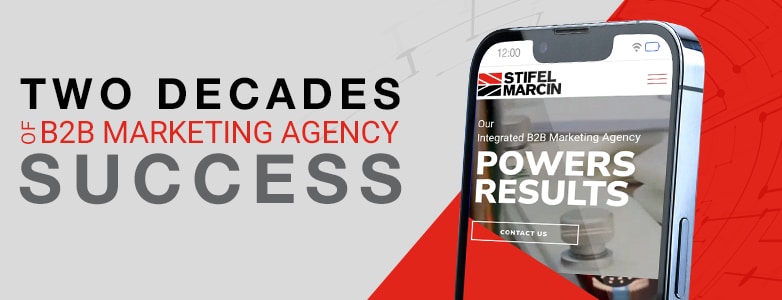
Stifel Marcin – The B2B Marketing Agency
Unlike many advertising and marketing agencies, B2B isn’t just something that we do, it’s all we do. We’ll work to help your brand achieve its goals through the strategic combination of creativity, communication and technology. Our focused client intake processes give us the ability to thoroughly understand your business, products and objectives, working to identify the competitive advantages and opportunities that will grow awareness, leads and sales. We develop innovative marketing plans with strategic, data-driven processes, presenting complex ideas and compelling messages that position your business ahead of the competition. As your cooperative partner, our integrated B2B marketing agency is dedicated to your success. If you have questions about digital advertising, we’re here to help. Contact us today.


